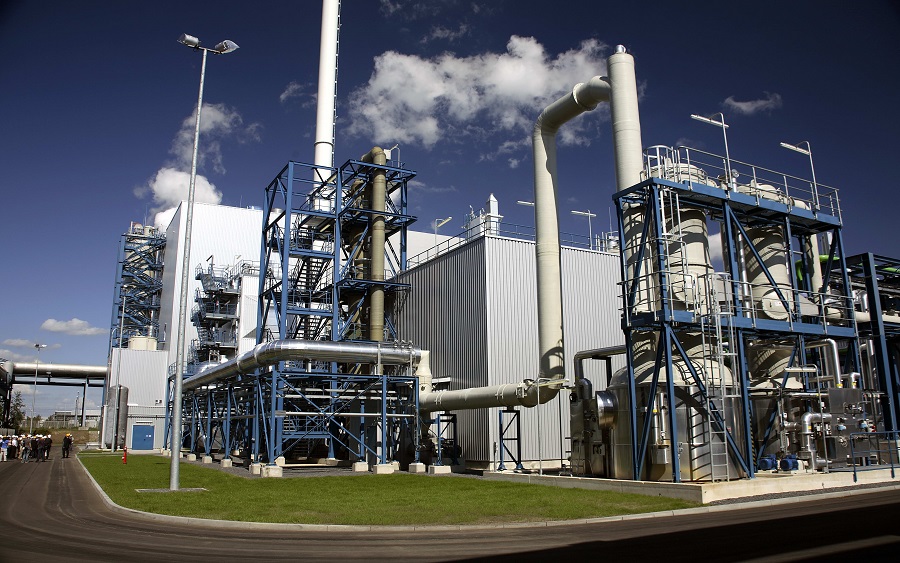The World Bank has projected that Nigeria’s crude oil production will recover between 2024 and 2025, however, the Bank also says that the expected recovery will still be below assigned quota figures from the Organization of Petroleum Exporting Countries (OPEC).
The World Bank stated this in its October 2023 report, titled Africa’s Pulse.
In the report, the World Bank wrote:
- “Oil production is projected to recover in 2024–25, but it will continue to be below the OPEC+ quota. Imports of fuel products are expected to decline as the new refinery ramps up production.”
The World Bank report also stated that the Nigerian economy is expected to grow from 2.9% in 2023 to an average rate of 3.7% between 2024 to 2025.
This translates into growth per capita of 1.3% in the highlighted period, which is insufficient to reduce extreme poverty in the country.
Meanwhile, it noted that economic growth will continue to be driven by services, trade, construction, manufacturing, and agriculture.
It is important to note that the current OPEC quota for Nigeria is at 1.7 million barrels per day, meanwhile, OPEC reduced the country’s quota to 1.38 million barrels per day by 2024.
The non-oil sector in focus
Recall that in Q2/2023 when the World Bank released its Africa’s Pulse report in April, it said almost the same thing about Nigeria’s economy being driven by the non-oil sector.
According to the Bank’s report at the time, it stated the Nigerian economy is projected to experience a growth rate of 2.8% in 2023, a decline from the 3.3% recorded in 2022.
Following this, the Bank noted that a slight acceleration is expected, with an average annual growth rate of 3% anticipated for the years 2024 to 2025.
However, these growth rates translate to a per capita growth of 0.2% in 2023 and 0.4% in 2024-2025, which is deemed inadequate for effectively reducing extreme poverty within the nation.
The key drivers of this growth are anticipated to be the services, trade, construction, manufacturing, and agriculture sectors.
Conversely, the oil production sector is expected to remain constrained in 2023 due to inefficiencies and security issues, with a potential gradual recovery projected for 2024-2025.
On the production front, the growth in 2023 is anticipated to be propelled by the industry sector, specifically supported by the mega-refinery project, with a growth rate of 5.6%.
Status quo
In Nigeria, the oil sector continues to grapple with a persistent challenge: crude oil theft. Weekly reports from the Nigerian National Petroleum Company (NNPC) Limited shed light on the rampant activities of economic saboteurs who pilfer significant quantities of crude oil daily from installations scattered across the Niger Delta region.
This pilfering operation translates into a massive financial drain on the country, depriving it of millions of dollars in much-needed revenue.
These nefarious activities not only have a direct impact on the nation’s economy but also pose a serious threat to its energy security.
The recurring theft undermines the efforts to stabilize the oil industry and hampers the government’s ability to harness the full potential of this vital sector.
The Nigerian authorities must take decisive and comprehensive measures to curb this illicit activity, ensuring the protection of valuable national resources and securing the country’s economic prosperity.

















